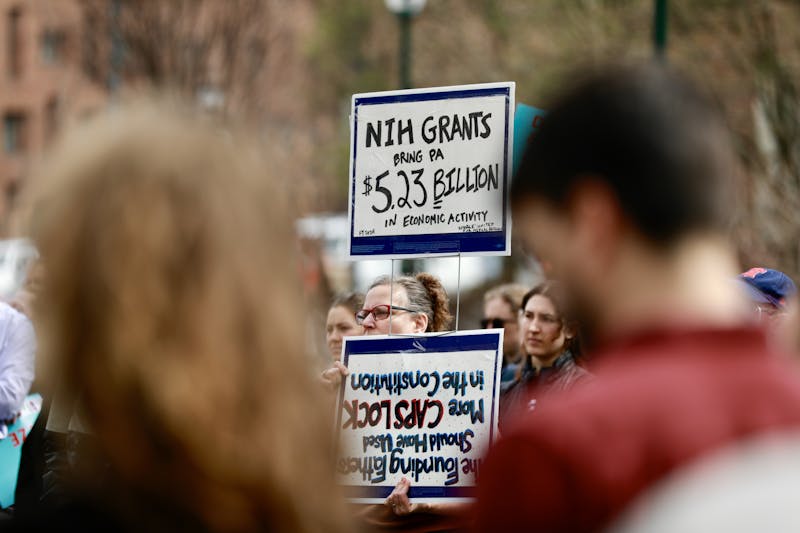
In over two years at Penn, College junior Angel Del Villar has yet to have a Latino professor at Penn. He wishes things were otherwise, but the Latino English major says that he's simply grown accustomed to the lack of minority professors at Penn.
| About this series Share your experiences Visit the entire series |
The Daily Pennsylvanian is an independent, student-run newspaper. Please consider making a donation to support the coverage that shapes the University. Your generosity ensures a future of strong journalism at Penn.
DonatePlease note All comments are eligible for publication in The Daily Pennsylvanian.







